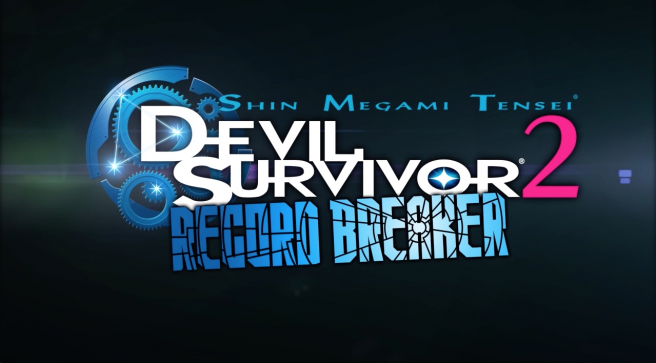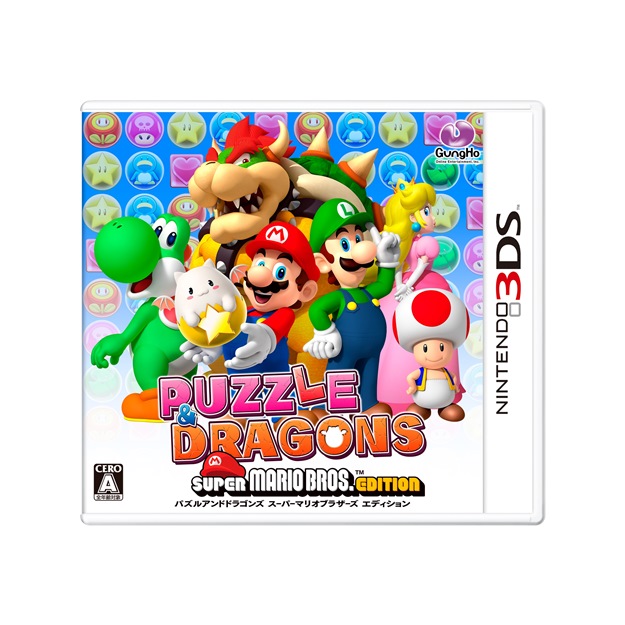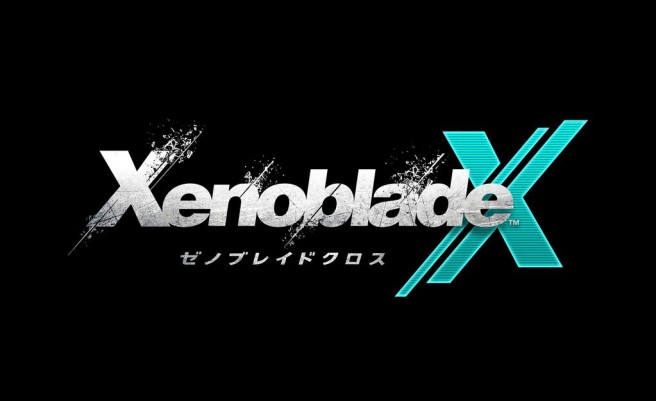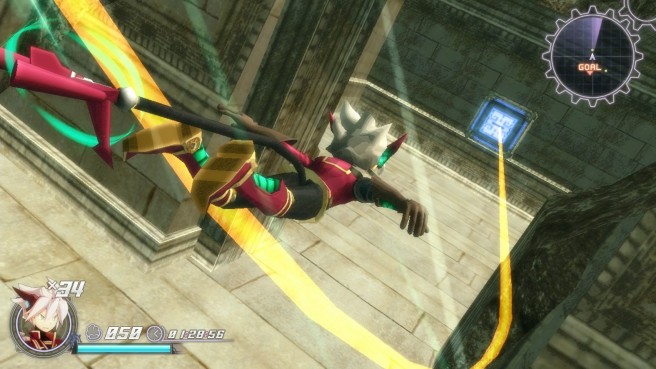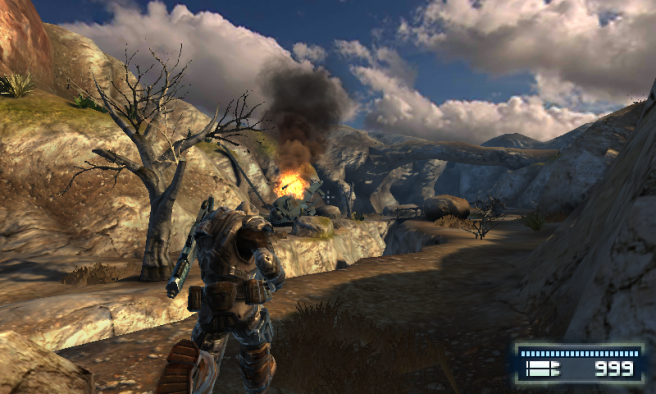Nintendo UK talks New 3DS – demographic, XL to be initially more popular, 3DS lifespan
Posted on 10 years ago by Brian(@NE_Brian) in 3DS, New Nintendo 3DS, News | 1 Comment
MCV has a short interview up with James Honeywell, Nintendo UK’s head of consumer marketing. We’ve picked out a few excerpts below. Honeywell commented on topics such as who Nintendo is targeting with the New 3DS, which model will be more popular, and more.
More: interview, James Honeywell, top
Satoru Iwata’s thoughts on 2015 and the future, Wii U sales, and smartphones
Posted on 10 years ago by Kirara Koneko(@KiraraKoneko) in General Nintendo, News | 31 Comments
The following is a series of questions asked of Satoru Iwata in an interview with Nikkei:
Q: Nintendo in January downgraded its forecast group operating profit for fiscal 2014 to 20 billion yen ($165 million), half its original prediction. What is your latest outlook?
A: The improved 3DS (a hand-held game device with 3-D graphics) did not debut in the U.S. and Europe until after the start of the year, which meant demand did not increase as quickly as we expected. That does not mean that 3DS business itself has significantly declined.
The revised estimate already takes advertising factors including expenses for the new 3DS models into consideration. We do not expect our results to slide much further.
Q: Why have sales of the Wii U remained flat?
A: I believe the Wii U business still has considerable room for growth, as a number of software titles that are compatible with the console are slated for release in 2015.
The way Japanese gamers enjoy video games is different from their counterparts in the West. More and more Japanese gamers play on smartphones and 3DS hand-held devices. On the other hand, a majority of gamers in Europe and the U.S. still connect their consoles to TVs and play them on a bigger screen. In the global video game market, game titles for consoles are still dominant, and that market is much larger.
Q: What are you doing to shore up your console business?
A: Newer consoles are equipped with a function to process micropayments using Suica electronic money cards [in Japan]. Our service that allows people to purchase games online using those cards is popular.
It is also possible to turn smartphone games from other software makers into 3DS-compatible games and offer them for relatively low prices. We intend to pursue a variety of options. Only those products and services that receive strong support from customers will survive.
Q: The market for smartphone games continues to expand. What are your plans for this category?
A: In the past, I have opposed making smartphone and tablet versions of Nintendo titles. Prices for content aimed at smartphones and tablets are falling quickly. I am still wary of the category. We intend to develop products that will allow customers to identify with Nintendo products and make people pay attention to Nintendo games.
For example, some Nintendo game consoles incorporate Mii, which creates a digital avatar to represent players. It would be fun for players to use their Mii characters as icons on social media. We are currently developing an application that will allow users to do that. The app will be announced around the time our full-year results are released.
Q: What is Nintendo’s outlook for the next fiscal year and later?
A: We foresee improved performance for the next fiscal year, so long as we are not adversely affected by foreign exchange fluctuations. I have been saying we hope to achieve a profit suitable for Nintendo as early as fiscal 2016. My understanding is that an operating profit of 100 billion yen is the level the market and shareholders expect of us.
More: interview, Nikkei, Satoru Iwata
Devil Survivor 2: Record Breaker devs on the subtitle, Durarara!! guest characters, and more
Posted on 10 years ago by Brian(@NE_Brian) in 3DS, News | 0 comments
Atlus recently published an interview on the game’s Japanese blog with director Shinjiro Takada and art director Akiko Kotoh. Siliconera has now provided a translation.
Takada and Kotoh touched on Record Breaker’s subtitle, Durarara!! guest characters, and more. You can find the full roundup below.
On the Record Breaker subtitle…
“I can’t give you the deeper meaning behind it today. As for subtitles, during the development of part 1, we named it Overclocked when we released it for the 3DS, which I believe gave it a strong sense and a feeling of ‘surpassing its predecessor’.” – Kotoh
“The [Record Breaker] subtitle has some deep roots in the story, so it’s kind of difficult to comment on that…There are actually several meanings behind it, so please check it out for yourselves once you get to play it.” – Takada
Nintendo UK talks a bit about New 3DS, Majora’s Mask 3D, and Monster Hunter 4 Ultimate
Posted on 10 years ago by Brian(@NE_Brian) in 3DS, New Nintendo 3DS, News | 2 Comments
This Friday will be an extremely important day for Nintendo. Not only is the New 3DS launching, but The Legend of Zelda: Majora’s Mask 3D and Monster Hunter 4 Ultimate are releasing as well. These three products could all be a part of Nintendo’s “lucky” Friday the 13th.
Speaking with MCV, Nintendo UK head of consumer marketing James Honeywell said the company is initially targeting its existing fanbase with the New 3DS’ arrival. As for the new 3DS games, Majora’s Mask 3D and Monster Hunter 4 Ultimate should appeal to longtime gamers, and may bring interest for newcomers.
Honeywell’s words in full:
Majora’s Mask is a title that fans have been asking for a long time so it has an instant base. Beyond this we really want to make sure we introduce it to a whole new audience. For Monster Hunter we really feel now is the time when we can really open the title up to a Western audience. The developers have listened to existing players and given them more of what they want, but also ensuring that this new installment is the most open to newcomers.
Capcom animates monsters in the Monster Hunter games by hand
Posted on 10 years ago by Brian(@NE_Brian) in 3DS, General Nintendo, News | 2 Comments
Did you know that the monsters in Capcom’s Monster Hunter games feature animations that are done by hand? The only exceptions are certain cut-scenes where a small amount of motion capture is involved.. But for the most part, Monster Hunter 4 Ultimate director Kaname Fujioka informed Siliconera that “animators create monsters’ motions by hand as it requires more careful craftsmanship as they talk with the game designers.”
He said:
“For cutscenes, there are cases where we utilize motion capture techniques for monsters which might have similar skeletal structure to human beings such as the Palicoes. However, in most cases, our animators create monsters’ motions by hand as it requires more careful craftsmanship as they talk with the game designers. It’s very important that the motion and the game mechanics are properly intertwined for the gameplay. When we try to showcase a monster’s personality and expressions, we reference frameworks from real life beings and habitats to make them believable. We visit zoos and aquariums and also watch documentary films for reference material.”
It’s necessary for Capcom to nail the animation of monsters since the series is about pattern recognition. The way monsters react give players clues about how they should proceed.
“It’s important for us that players understand what kind of tactics they need to use. We give clues to players on how a monster may act based on its various expressions, and emotional and behavioural states (such as alarmed, enraged, exhausted, etc.) We plan for the monster’s behaviour first, so we keep in mind things such as distance between the player and the monster, logic behind the monster’s behaviours, and so on.”
More: Capcom, interview, Kaname Fujioka
GungHo talks Puzzle & Dragons: Mario Bros. Edition – development, gameplay bits, no DLC, more
Posted on 10 years ago by Brian(@NE_Brian) in 3DS, News | 5 Comments
Very recently, Japanese website Dengeki Online interviewed a couple of folks from GungHo Online Entertainment. The website sat down with Daisuke Yamamoto and Kazuki Morishita for a chat about Puzzle & Dragons: Super Mario Bros. Edition.
The origins of Puzzle & Dragons: Super Mario Bros. Edition go way back to the release of Puzzle & Dragons Z, GungHo’s first attempt at bringing the popular series to the 3DS. Morishita was asked by Dengeki about his thoughts about the game at the time of its release.
Video: Ryozo Tsujimoto, Kaname Fujioka talk all about Monster Hunter 4 Ultimate
Posted on 10 years ago by Brian(@NE_Brian) in 3DS, Videos | 0 comments
Xenoblade Chronicles X director on loading time, party size, online, music
Posted on 10 years ago by Brian(@NE_Brian) in News, Wii U | 28 Comments
Famitsu has a major feature on Xenoblade Chronicles X in this week’s issue. In addition to a new preview, the magazine shared an interview with director Tetsuya Takahashi.
One of the things Famitsu brings up is how Takahashi called the original Xenoblade “an orthodox RPG”, even though the field was huge and there were a number of different challenges. Takahashi says in response that the story of the original Xenoblade Chronicles “was one big thread so I think it was a linear game.” But in Xenoblade Chronicles X, “the story progresses in various directions as you finish quests which you get from different places.”
Famitsu next brings up the topic of loading. Takahashi confirms that players will be able to cross the huge world from one end to another without having to load data… for the most part anyway.
Kadokawa Games president suggests Rodea: The Sky Soldier will be released overseas
Posted on 10 years ago by Brian(@NE_Brian) in 3DS, News, Wii U | 13 Comments
Rodea: The Sky Soldier was one of the games covered by Famitsu in a November issue. Looking through it again, something about the article caught our eye.
Famitsu’s article contains a chat with Yoshimi Yasuda, the president of Kadokawa Games. The magazine points out how the different versions of Rodea will finally be released after a long development period. To this, Yasuda says:
It took some time to deliver [Rodea] to everyone, but the Nintendo 3DS, Wii U and Wii versions were rebooted. I think that we can share some sort of notification of a overseas release in the near future, so overseas users please look forward to it.
Yasuda’s words certainly suggest that a localization announcement for Rodea is on the way. That’s extremely encouraging news!
[Interview] The Return of IronFall Invasion! VD-Dev on New 3DS, campaign, multiplayer, and more
Posted on 10 years ago by Brian(@NE_Brian) in 3DS eShop, Interviews, New Nintendo 3DS | 37 Comments
We’ve been keeping close track of IronFall Invasion since its reveal last year. The game finally resurfaced during this month’s Nintendo Direct, and VD-Dev confirmed that its debut 3DS eShop project will be launching soon.
Since IronFall Invasion is just on the horizon, we thought we’d catch up with the studio’s Fernando Velez one final time. Velez shed more light on the game’s campaign, multiplayer, and much more.
Check out our full interview below!
